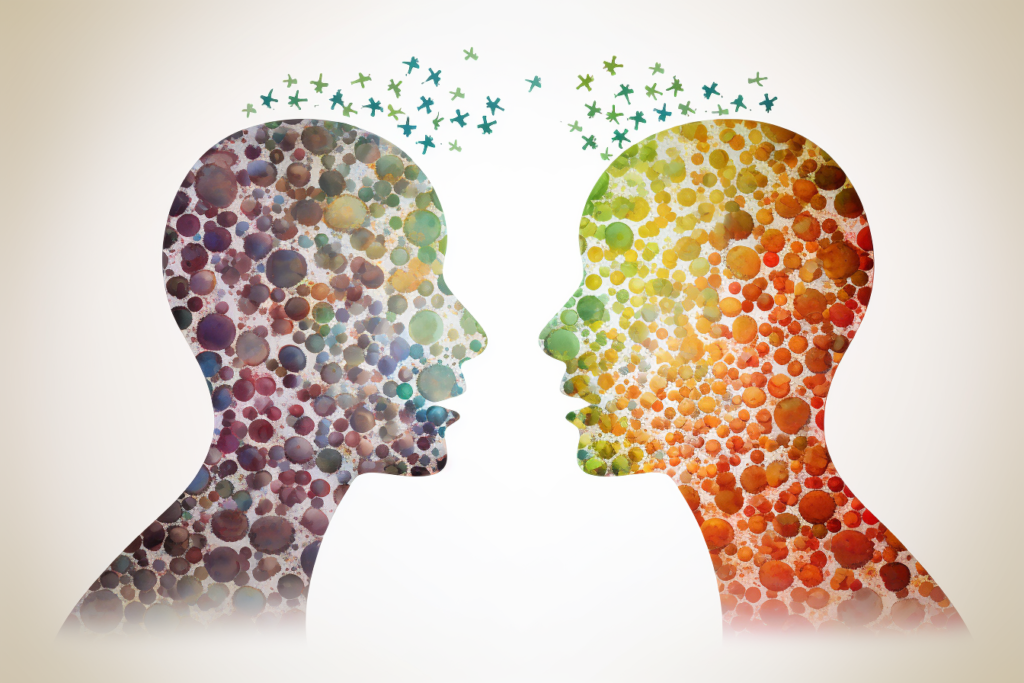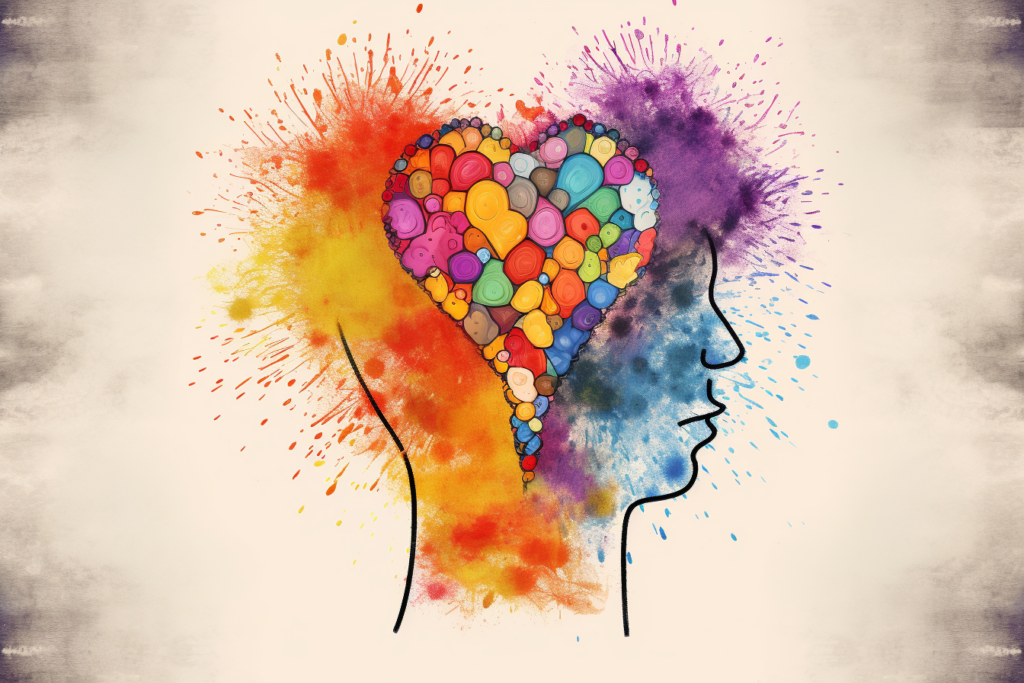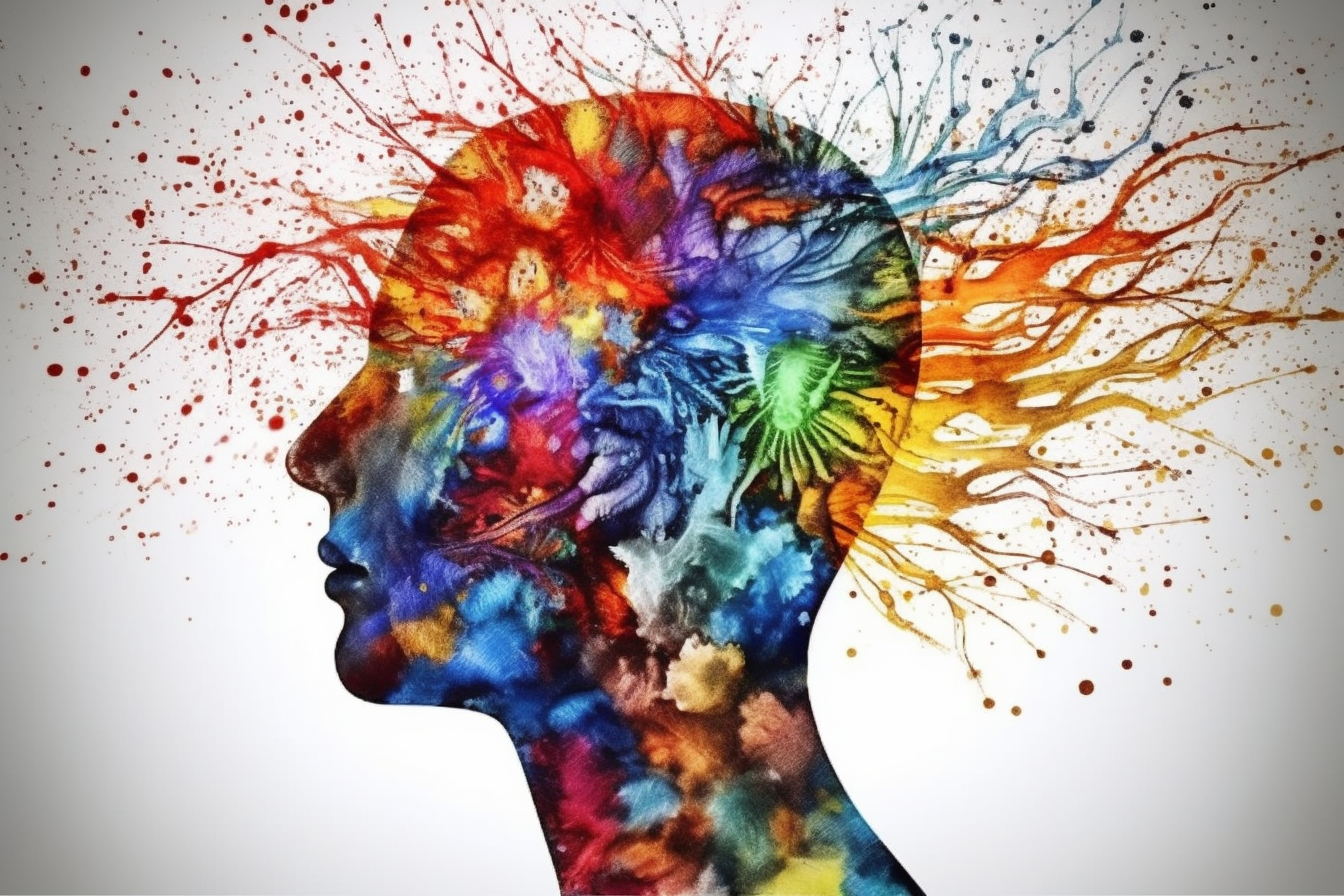In today’s world, success is not solely determined by technical skills or intelligence; it is equally influenced by our ability to understand and manage our emotions effectively. Emotional intelligence (EI) has become a popular topic in personal and professional development, as experts recognize its profound impact on our relationships. In this article, we discuss the importance of developing emotional intelligence and how it can enhance your personal and professional relationships for greater success and fulfillment.
Understanding Emotional Intelligence
Emotional intelligence refers to recognizing, understanding, and managing our own emotions and those of others. It includes four key components: self-awareness, self-management, social awareness, and relationship management. By honing these skills, we can navigate social interactions with greater empathy, resilience, and authenticity.

Enhancing Personal Relationships
Developing emotional intelligence can greatly benefit our personal relationships. With a high level of EI, we can communicate our feelings effectively, leading to deeper connections with our loved ones. Emotional intelligence enables us to empathize with others’ perspectives, resolve conflicts constructively, and build trust and intimacy. EI cultivates harmonious relationships with our partner, family members, and friends that withstand the test of time.

Empowering Professional Relationships
In the workplace, emotional intelligence plays a crucial role in fostering healthy and productive relationships. By understanding our own emotions, we can manage stress, adapt to change, and maintain a positive attitude, thereby boosting our performance and resilience. Moreover, EI allows us to perceive and respond to the emotions of colleagues, clients, and superiors, facilitating effective collaboration, negotiation, and leadership. Individuals with high emotional intelligence tend to be better team players, mentors, and motivators, ultimately driving success in their professional endeavors.

Developing Emotional Intelligence
Fortunately, emotional intelligence is not a fixed trait but rather a skill set that can be cultivated and improved over time. Strategies for development include self-reflection, mindfulness practices, seeking feedback, and engaging in emotional intelligence training programs. Additionally, reading books, attending seminars, and participating in therapy can further enhance our emotional intelligence. Building emotional intelligence is a lifelong journey that requires commitment and practice.
In an era characterized by technological advancements and constant connectivity, emotional intelligence has emerged as a crucial skill for success in both personal and professional domains. By developing emotional intelligence, individuals can unlock the power to form deeper connections, manage conflicts effectively, and foster collaboration and understanding. Embark on the journey of developing emotional intelligence today, and witness the transformative impact it has on your relationships and overall well-being.






